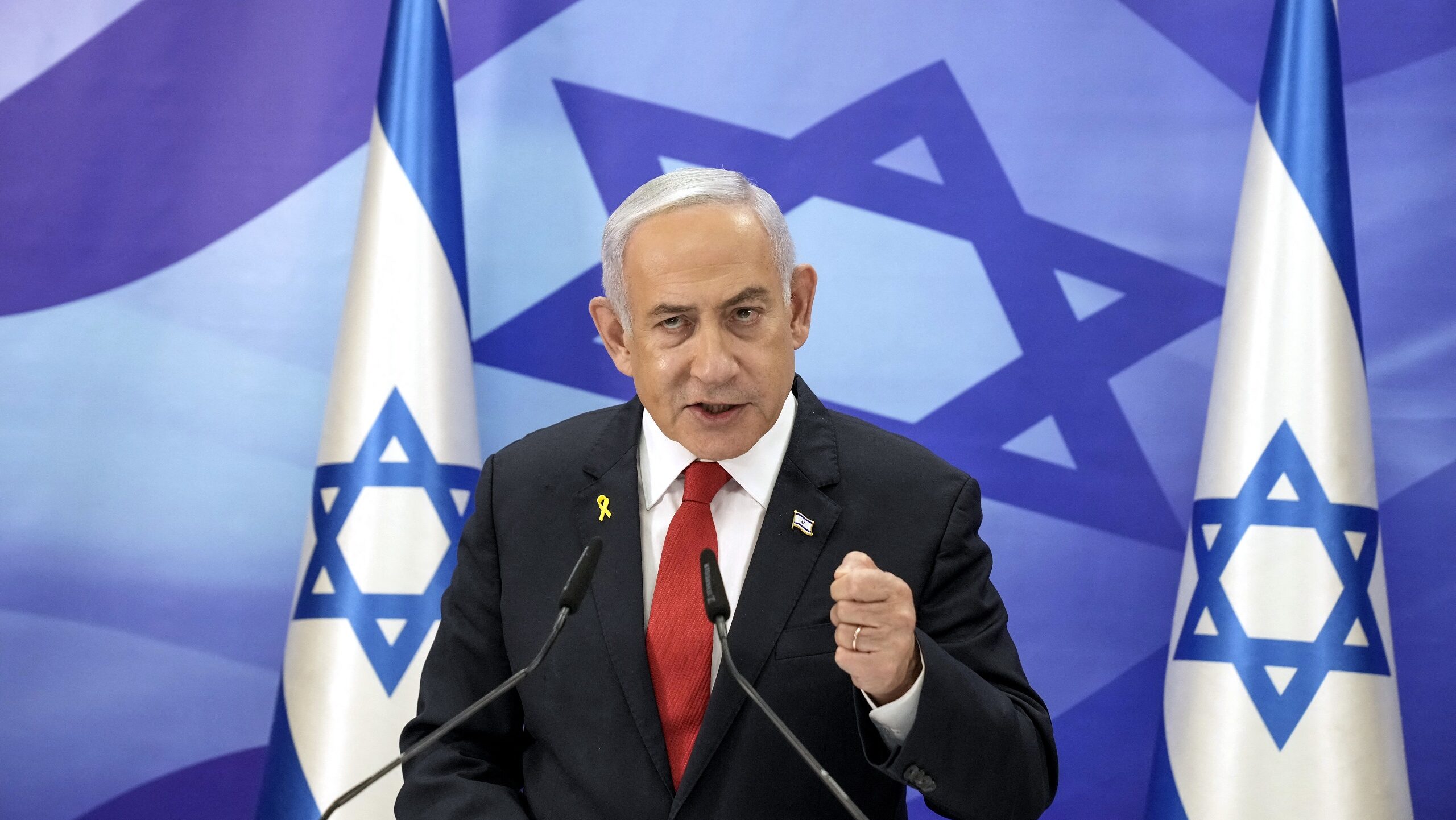Netanyahu Warns Israel Faces Growing Isolation, Calls for ‘Spartan’ Self-Reliance
Prime Minister Benjamin Netanyahu acknowledged Monday that Israel is entering a period of international isolation and must prepare to become more self-reliant, particularly in defense production, as the war in Gaza grinds on.
“Israel is in a sort of isolation,” Netanyahu said at a Finance Ministry conference in Jerusalem. He warned that European calls for arms embargoes and sanctions could leave Israel increasingly cut off from global markets.
“We will increasingly need to adapt to an economy with autarkic characteristics,” he said, using the term for economic self-sufficiency. “It’s a word I hate. I am a believer in the free market, but we may find ourselves in a situation where our arms industries are blocked. We will need to develop arms industries here — not only research and development, but also the ability to produce what we need.”
Give the gift of hope
We practice what we preach:
accurate, fearless journalism. But we can't do it alone.
- On the ground in Gaza, Syria, Israel, Egypt, Pakistan, and more
- Our program trained more than 100 journalists
- Calling out fake news and reporting real facts
- On the ground in Gaza, Syria, Israel, Egypt, Pakistan, and more
- Our program trained more than 100 journalists
- Calling out fake news and reporting real facts
Join us.
Support The Media Line. Save democracy.
The prime minister said Israel has eliminated an existential threat from Iran by damaging its nuclear and missile programs, but in the process faces new challenges: demographic shifts in Europe that have empowered anti-Israel voices, and hostile campaigns on digital platforms.
“This is creating limitations, and all sorts of sanctions, on Israel — it’s happening,” he said. Netanyahu cautioned that embargoes could soon be followed by economic sanctions. He argued Israel must “be Athens and Sparta combined” by strengthening its weapons industry and reducing dependence on foreign suppliers.
His remarks came as France, the Netherlands, the UK, Spain, and Italy moved toward restrictions on weapons sales. The United States remains Israel’s principal arms supplier and has not imposed limits.
Opposition leaders seized on Netanyahu’s admission. Yair Lapid called it “crazy,” blaming “flawed and failed policy” for Israel’s isolation. Former military chief Gadi Eisenkot said the government had abandoned the hostages and damaged Israel’s standing abroad.
Netanyahu later insisted the economy remains strong, pointing to gains in the stock market. Finance Minister Bezalel Smotrich echoed that view, citing falling inflation. Netanyahu also appeared with US Secretary of State Marco Rubio, who praised Israel’s partnership with Washington while both criticized moves by several countries to recognize a Palestinian state ahead of the UN General Assembly.



